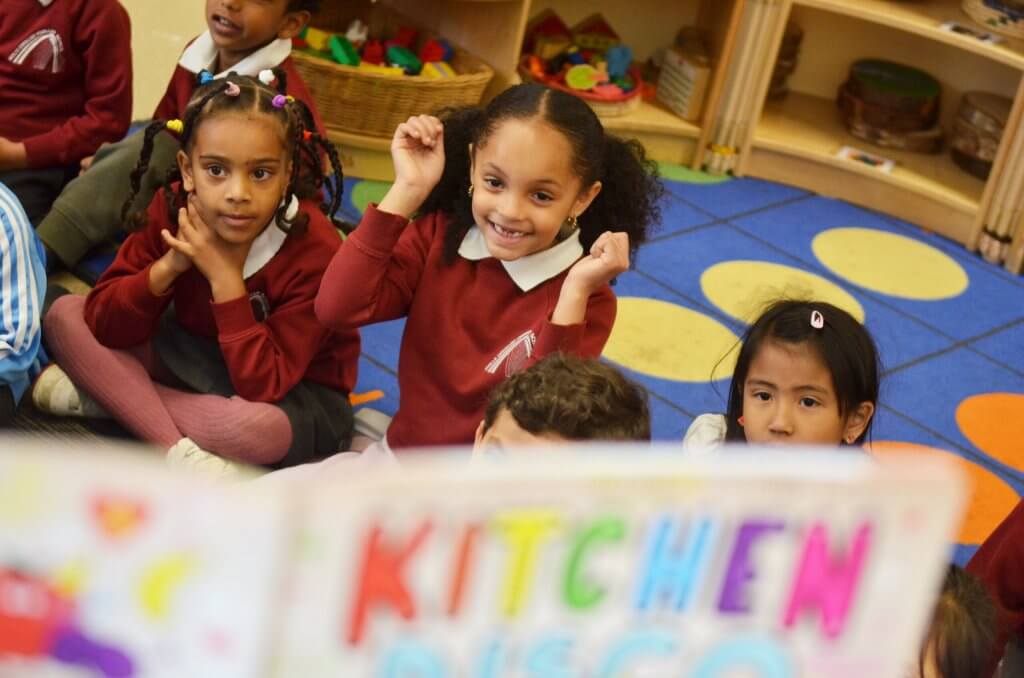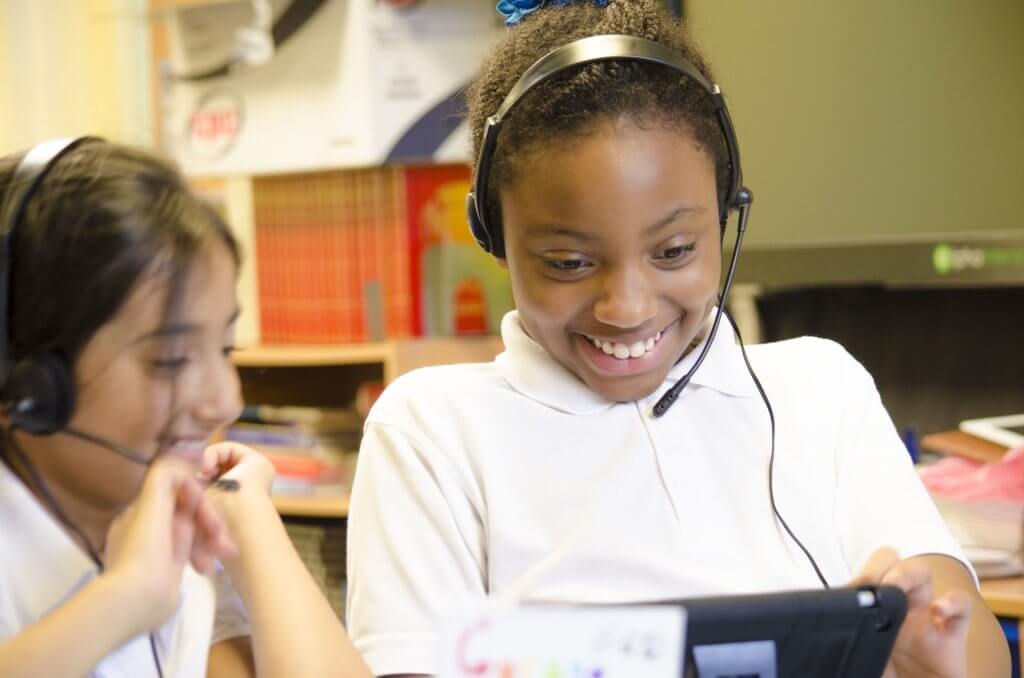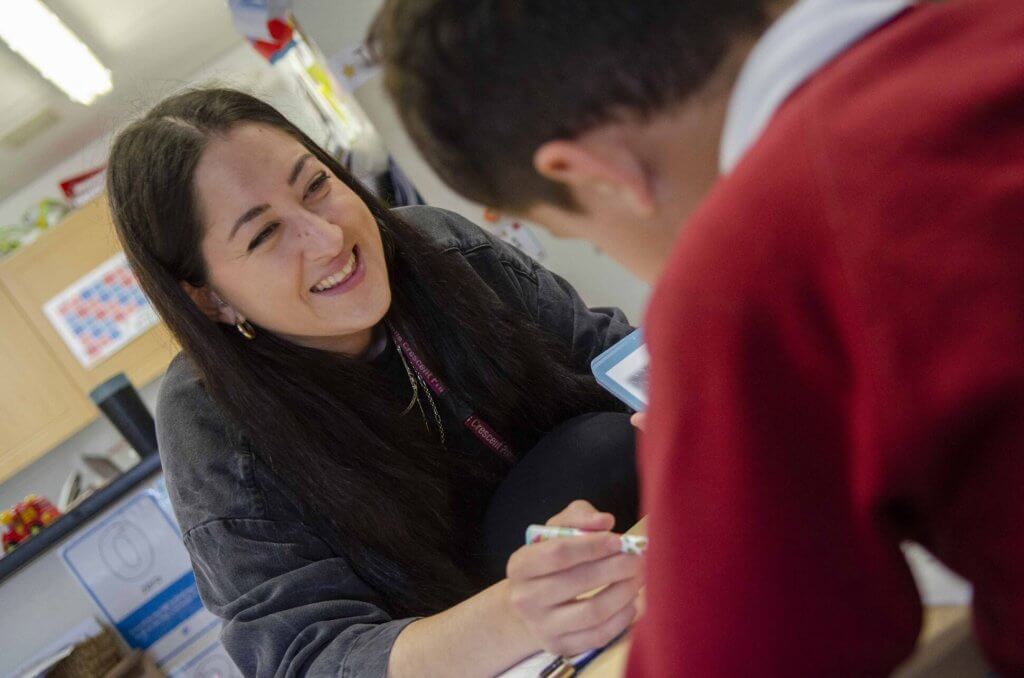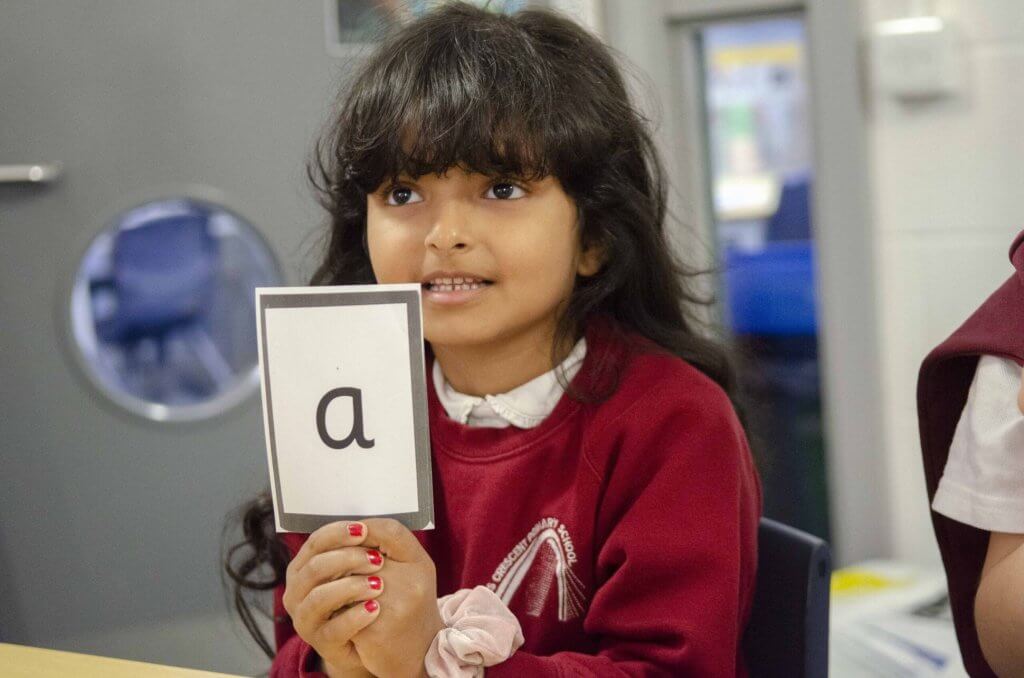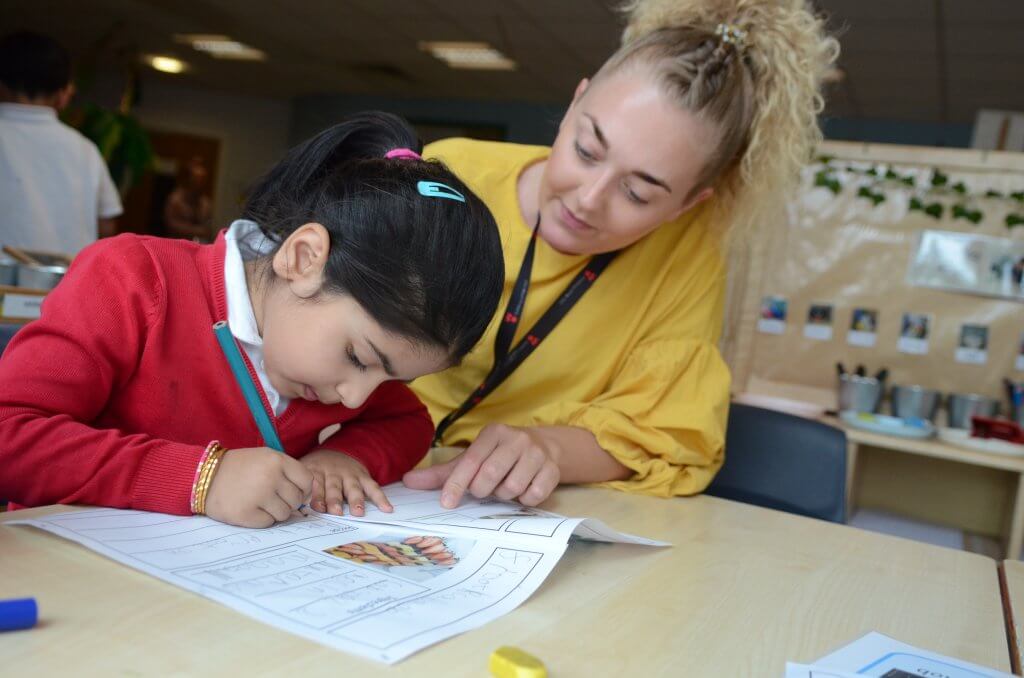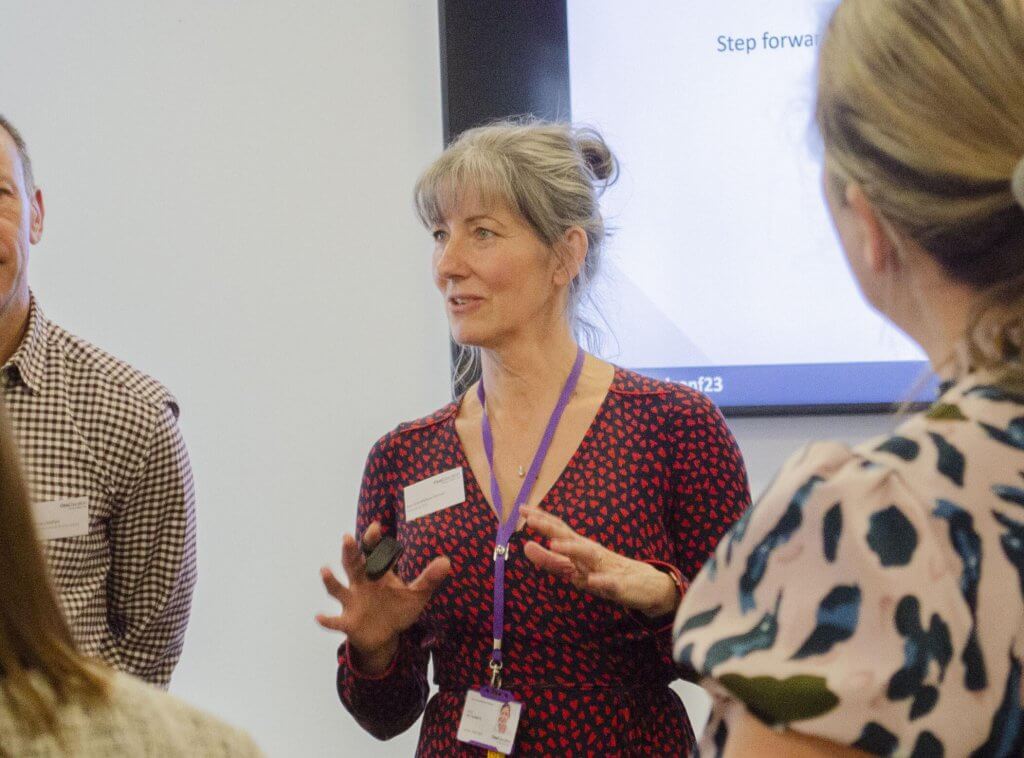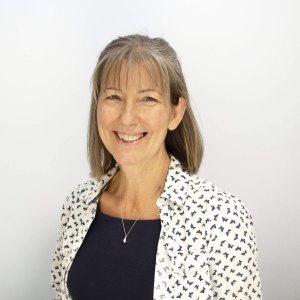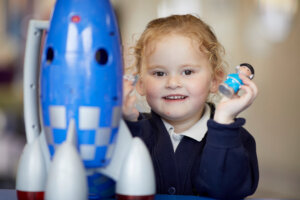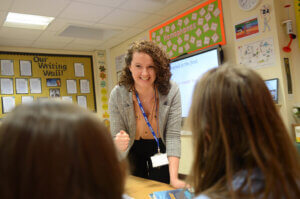In today’s blog, we are delighted to introduce you to Jeni Goodfellow-Pemsel, our Head of Creative Psychotherapy in Education (CPE).
Get a glimpse into Jeni’s professional journey supporting vulnerable children and young people in education, and learn all about her vision for the future of the service.
TELL US A BIT ABOUT YOUR ROLE?
In my role as Lead Therapist and Head of Creative Psychotherapy in Education, my primary responsibility is to effectively manage and provide support to our team in delivering therapy services in schools and alternative settings. I lead the team in upholding high standards and protecting the safety of those involved, whilst working to expand the scope of our service.
A key part of my role is understanding the unique skills and expertise possessed by each member of the team. With this insight, I can explore the different areas and contexts in which we operate, tailoring our support to ensure the needs of young people are consistently met.
WHAT IS YOUR BACKGROUND?
I have over 20 years’ experience working therapeutically with children and young people in education, supporting learners with a wide range of needs and challenges. I am a state registered Drama therapist. I qualified in 2004, and later qualified and registered (HCPC) as a psychotherapist (UKCP); a course which specialised in attachment and child development theory in 2015. Through my work, I have gained a deep understanding of the systemic implications of trauma and attachment.
My experience working with schools, families and other agencies has also greatly broadened my understanding of the role of the psychotherapist in education. With insight into the complexities and interconnectedness of various systems, I can ensure a more seamless integration of therapeutic support within the educational framework.
In addition to my role as a psychotherapist, I have been an associate lecturer on the Counselling and Counselling Children and Young People MA programmes at Nottingham University. This experience has given me a strong understanding of the theoretical underpinnings of psychotherapy, as well as emerging research.
In 2017, I qualified as a clinical supervisor. I am passionate about supporting professionals with opportunities for reflective practice and professional development, ensuring they have the tools to provide the best possible care to the children and young people they work with.
ARE THERE ANY CHALLENGES YOU HAVE COME ACROSS?
One of the challenges I am eager to tackle is addressing the misconceptions surrounding trauma-informed approaches. Sometimes, these approaches can be perceived as being too lenient, or justifying “bad behaviour.” But taking a trauma-informed approach isn’t about removing boundaries or consequences – it’s about empowering young people to take responsibility for their actions by sharing support, understanding and compassion. This approach includes restorative practices that aim towards resolution, as well as natural consequences that avoid shaming and re-traumatising the individual.
Through education and advocacy, I believe we can foster a greater understanding about the profound impact of trauma on individuals and communities. It is crucial for us to raise awareness, empowering school staff and other professionals to embrace and explore alternative perspectives.
WHAT IS YOUR VISION FOR THE FUTURE?
As therapists, we only have a limited time to work alongside young people and offer them support – usually, just for an hour a week. Although this can be incredibly powerful work, I believe that by supporting the other adults in their lives, including parents, carers, mentors, teachers and teaching assistants, we can enhance our offer to the systems around the child.
So, my vision is to extend our support for education professionals, social workers, and other staff who work closely with children and young people, to strengthen their knowledge of trauma, attachment, and child development, drawing on therapeutic theory and evidence-based research.
Crucially, I want to equip teachers with the knowledge and skills to recognise the underlying causes of behaviours and the actions they can take to address children’s needs and potential. As our understanding of trauma theory improves, and the evidence of vicarious trauma and compassion fatigue in our caring and educational settings increases, reflective practice groups and clinical supervision can provide an invaluable resource for the health and well-being of adults who work closely and consistently with children.
I am also passionate about welcoming students into the psychotherapy profession. I want to continue developing people, creating opportunities for them to advance their learning and progress in their careers. By ensuring our team feels valued, supported, and empowered, I believe we can create a positive change in the lives of the children and young people we have the privilege to serve.
Want to know more about Creative Psychotherapy in Education?
Explore our website, or get in touch.

